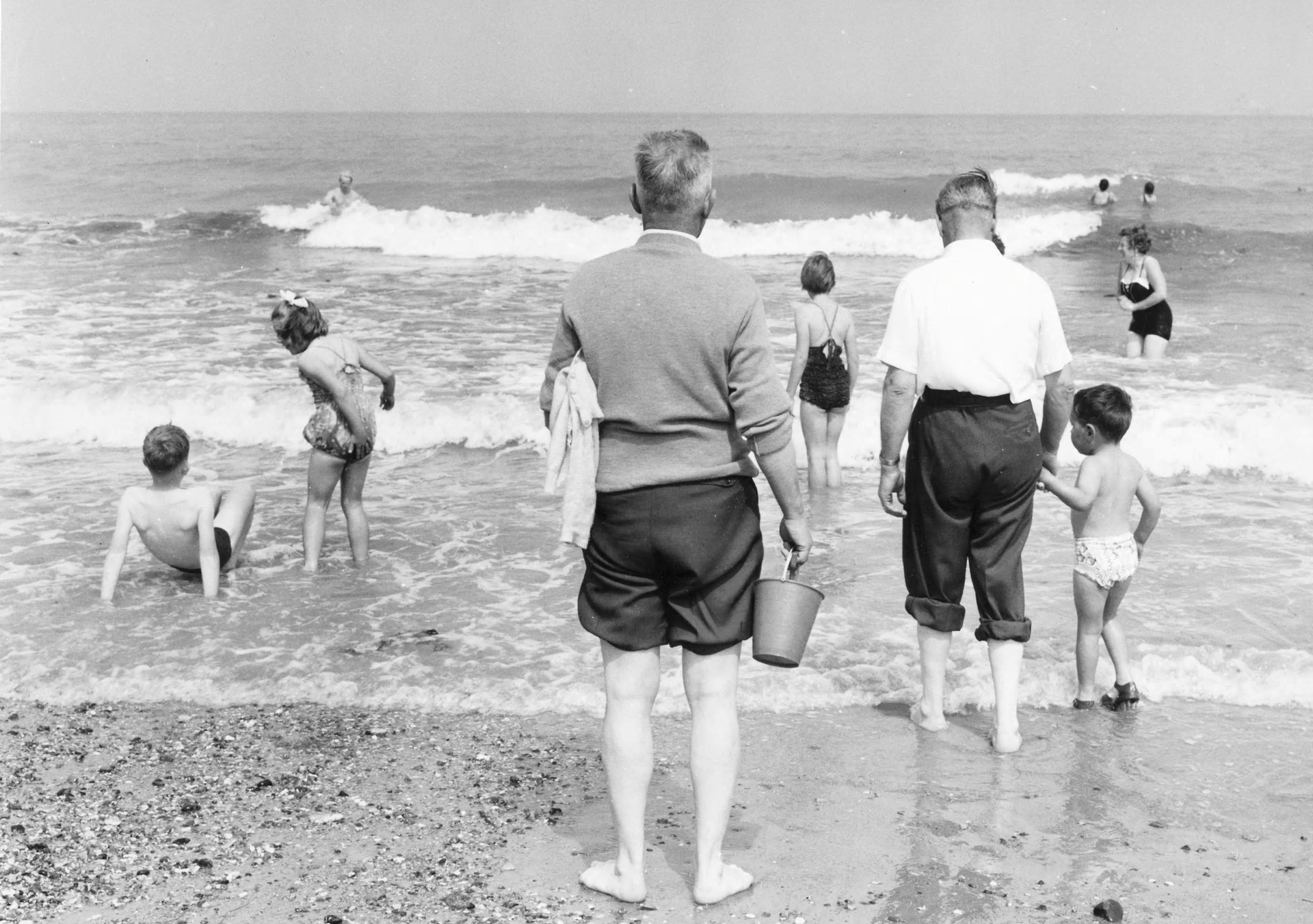Advanced Services
Community pharmacies can choose to provide any of these services as long as they meet the requirements set out in the Secretary of State Directions.
- AUR (Appliance Use Reviews)
- Community Pharmacy Contraceptive Service
- COVID Lateral Flow Test Service – Pharmacy Collect
- Flu Vaccination Service 2023-24
- Hypertension Case Finding Service
- Lateral Flow Device Service
- New Medicines Service – NMS
- Pharmacy First Service
- Stoma Appliance Customisation (SAC)
- Smoking Cessation Service



